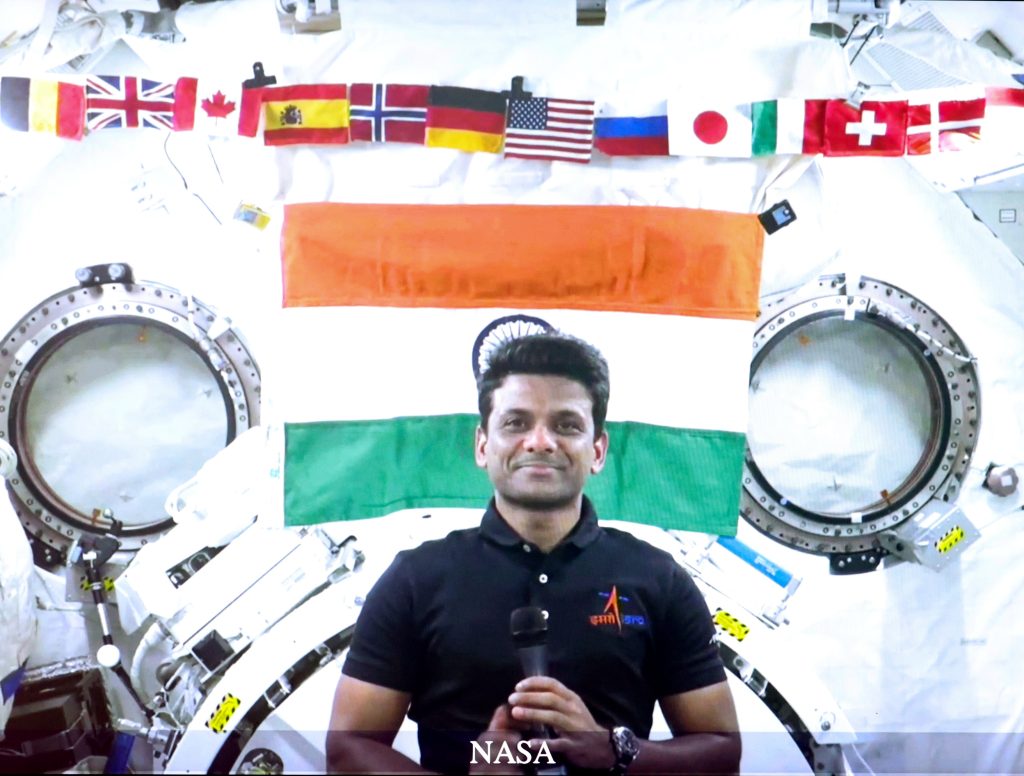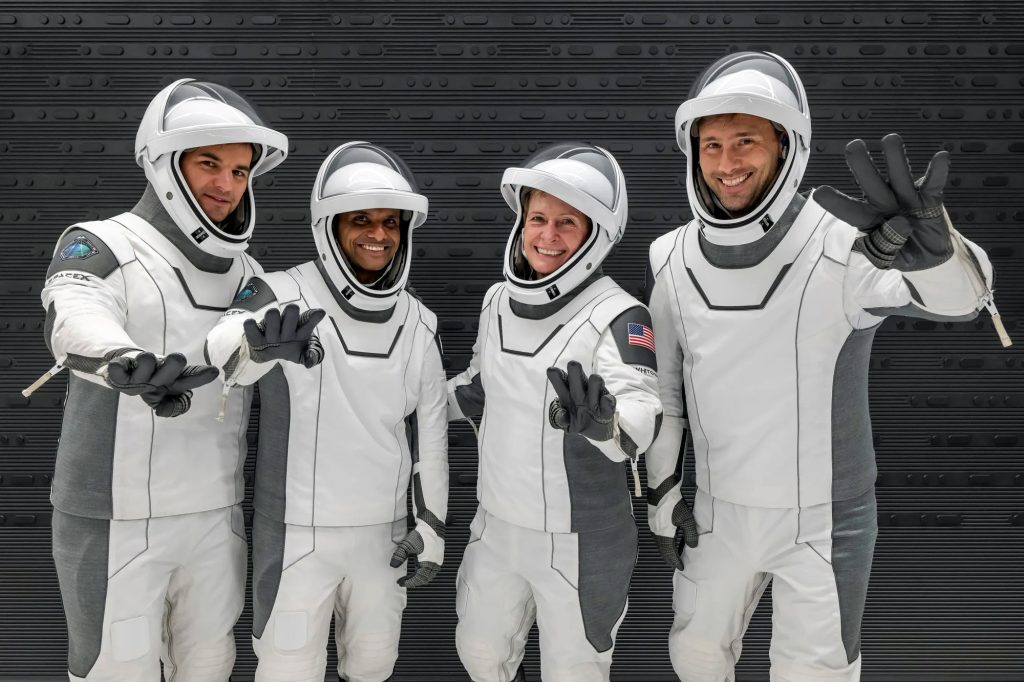The Union Cabinet, chaired by Prime Minister Narendra Modi, on Wednesday passed a resolution celebrating the safe return of Group Captain Shubhanshu Shukla from the International Space Station (ISS), calling it “a moment of pride, glory, and joy for the entire nation.”
Shukla, part of the four-member Axiom-4 crew, returned to Earth on Tuesday aboard SpaceX’s Dragon capsule after spending 18 days in orbit. With this mission, Shukla became the first Indian astronaut to visit the ISS and only the second Indian to travel to space, four decades after Rakesh Sharma’s historic 1984 mission.
Hailing the milestone as a “watershed moment” for the country, the Cabinet said the mission heralds a new chapter in India’s space programme and offers a preview of what lies ahead in its human spaceflight ambitions.
“This successful mission significantly elevates India’s global standing in space exploration,” the resolution stated. “It is a vital stepping stone towards India’s own human spaceflight programme, including the Gaganyaan and the Bharatiya Antariksha Station. It reaffirms India’s resolve to be at the forefront of human space exploration.”
The Cabinet underlined India’s growing role in global space cooperation, particularly through the scientific experiments conducted by Shukla aboard the ISS.
He carried out a series of pioneering microgravity studies on muscle regeneration, algal and microbial growth, crop viability, microbial survivability, cognitive performance in space, and the behaviour of cyanobacteria. The resolution noted that these experiments will significantly enhance the global scientific understanding of human spaceflight and microgravity environments, while also contributing valuable insights for India’s future space missions.
The resolution credited Prime Minister Modi’s “visionary and decisive leadership” for enabling India’s recent space achievements and for pushing the country to the frontlines of space exploration. It recalled with pride the successful Chandrayaan-3 mission, which made India the first country to land near the Moon’s South Pole on August 23, 2023, a date now commemorated as National Space Day. It also highlighted the success of the Aditya-L1 solar mission, which has advanced global understanding of solar activity and its effects.
Pointing to the transformation of India’s space economy, the Cabinet noted that structural reforms in the sector have led to the emergence of around 300 space-tech start-ups.
“The emergence of around 300 new start-ups in this sector has not only led to job creation at a large scale, but also nurtured a vibrant ecosystem of innovation, entrepreneurship and technology-driven development,” the resolution said.
More than a personal triumph, the Cabinet described Shukla’s mission as a “beacon of inspiration” for the youth of India. “It will ignite scientific temper, fuel curiosity, and inspire countless young Indians to pursue careers in science and embrace innovation,” the resolution said.
“The Cabinet reaffirms its firm conviction that this mission will energise the national resolve to build Viksit Bharat—a Developed India—by 2047, as envisioned by the Prime Minister,” it added.
















